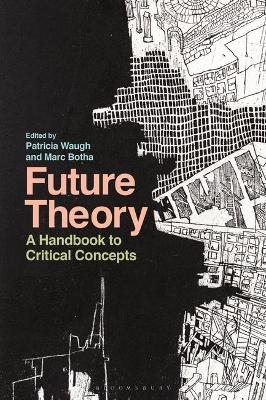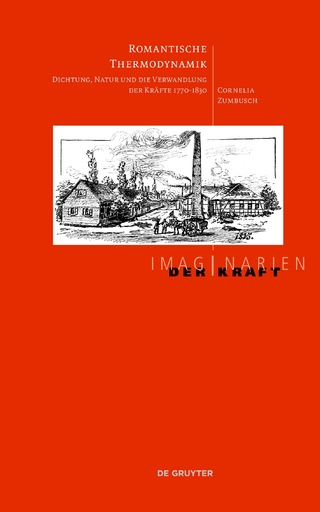
Future Theory
Bloomsbury Academic (Verlag)
978-1-4725-6735-2 (ISBN)
Future Theory is built around five key concepts – change, boundaries, ruptures, assemblages, horizons – examined by leading international thinkers to build a vision of how theory can be applied to a constantly shifting world.
Marc Botha is Lecturer in Modern and Contemporary Literature and Theory in the Department of English Studies at Durham University, UK. He is the author of Persistence and Transfiguration: A Theory of Minimalism (Bloomsbury, 2017). Patricia Waugh is Professor of English and Co-Director of the Institute of Hazard, Risk and Resilience at Durham University, UK.
PART ONE: RETHINKING CHANGE
Memory: Enzo Traverso (Cornell University, USA)
Community: Mick Smith (Queen’s University, Canada)
Risk: Marc Botha (Durham University, UK)
Remainder: Andrew Gibson (Royal Holloway, University of London, UK)
Institution: Simon Critchley (New School for Social Research, USA)
Movement: Esther Leslie (Birkbeck, University of London, UK)
PART TWO: BOUNDARIES AND CROSSINGS
Threshold: Matthew Calarco (California State University, USA)
Periphery: Paulina Aroch Fugellie (Universidad Autonoma Metropolitana, Mexico)
Exception: Justin Clemens (The University of Melbourne, Australia)
Migration: Mieke Bal (The University of Amsterdam, the Netherlands)
Privacy: Alexander Garcia Düttmann (Berlin University of the Arts, Germany)
PART THREE: RUPTURE AND DISRUPTIONS
Catastrophe: JeanMichel Rabaté (University of Pennsylvania, USA)
Event: Mark Currie (Queen Mary, University of London, UK)
Revolution: Aleš Erjavec (The University of Ljubljana, Slovenia)
Interference: Emily Apter (New York University, USA)
Turn: Christopher Norris (Cardiff University, UK)
PART FOUR: ASSEMBLAGES AND REALIGNMENTS
Paradigm: Patricia Waugh (Durham University, UK)
Fragmentation: Maebh Long (The University of Waikato, New Zealand)
Hybrid: Roger Luckhurst (Birkbeck, University of London, UK)
Network: Graham Harman (Southern California Institute of Architecture, USA)
Dissemination: Jon Adams (London School of Economics, UK)
PART FIVE: HORIZONS AND TRAJECTORIES
Climate: Timothy Clark (Durham University, UK)
Decolonization: Nelson Maldonado-Torres (Rutgers)
Irreversibility: Claire Colebrook (Pennsylvania State University, USA)
Resilience: Sarah Atkinson (Durham University, UK)
Hospitality: Derek Attridge (York) Hope: Caroline Edwards (Birkbeck, University of London, UK)
| Erscheinungsdatum | 09.04.2021 |
|---|---|
| Zusatzinfo | 5 bw illus |
| Verlagsort | London |
| Sprache | englisch |
| Maße | 156 x 234 mm |
| Gewicht | 844 g |
| Themenwelt | Geisteswissenschaften ► Philosophie |
| Geisteswissenschaften ► Sprach- / Literaturwissenschaft ► Anglistik / Amerikanistik | |
| Geisteswissenschaften ► Sprach- / Literaturwissenschaft ► Literaturwissenschaft | |
| Sozialwissenschaften ► Politik / Verwaltung ► Politische Theorie | |
| Sozialwissenschaften ► Soziologie | |
| ISBN-10 | 1-4725-6735-8 / 1472567358 |
| ISBN-13 | 978-1-4725-6735-2 / 9781472567352 |
| Zustand | Neuware |
| Haben Sie eine Frage zum Produkt? |
aus dem Bereich


